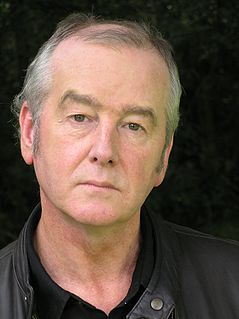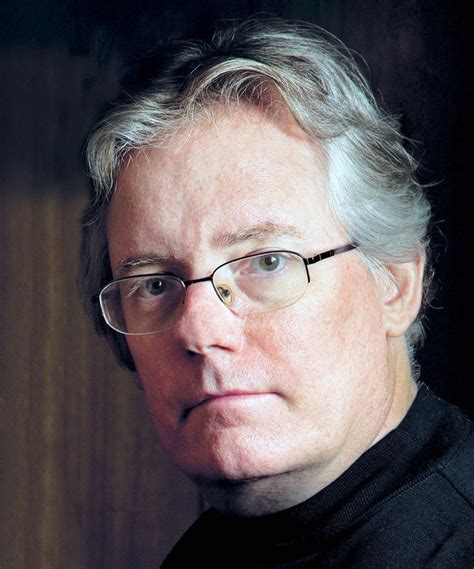A Quote by Judy Blume
I use a computer, but before I begin each new book I keep a notebook. I write down everything that comes to mind during that period before I actually begin. It might take months or weeks. That notebook is my security blanket so that I never have to face a blank screen (or blank page). But I print out often and my best ideas usually come with a pencil in my hand.
Related Quotes
Ever since high school I've been writing in a spiral notebook, in pencil. Everything looks too polished on a computer when you start writing, and I can't really see it. I feel like the words are much more naked in pencil, on a notebook. I feel that my brain works differently, and words come out differently, if I have a pencil in my hand, rather than if I have a keyboard. I tend to add more in the margins. I tend to elongate the sentences as I'm writing and editing, and there is just something about the feeling of writing longhand that I really love.
I take pens and I write on the inside of my arm. When I'm with people and somebody says a really fascinating anecdote, or fact, or phrase, I'll write it on the inside of my arm. At the end of the day, I'll take the very best things that are on my arm and I'll copy them into a notebook that I always carry and only when the weather is absolutely terrible will I really key the very best of that notebook into the computer. At that point, it's all sort of censored twice - only the best things go from the arm to the book and only the best things go from the book to the computer.
After weeks on the road, listening to a language you don’t understand, using a currency whose value you don’t comprehend, walking down streets you’ve never walked down before, you discover that your old “I,” along with everything you ever learned, is absolutely no use at all in the face of those new challenges, and you begin to realize that buried deep in your unconscious mind there is someone much more interesting and adventurous and more open to the world and to new experiences.
My inspiration comes from everywhere, just walking down the street and I never know where it's going to come from, so I keep a notebook with me at all times and the only criteria for anything making it into that notebook is if it stops me in my tracks for even an instant, if it catches my eye or my ear and I just write it down.
Finding the discipline, the motivation, the focus, the passion to sit down in front of a blank piece of paper or a blank computer screen every day and then to make it come alive with characters and with plot is incredibly exciting and at the same time terrifying and frustrating, and sometimes it comes easy and sometimes it comes really hard.

































